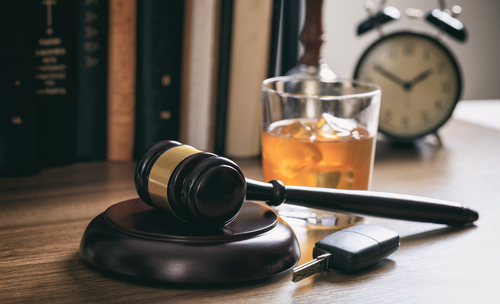A DUI charge can be stressful, with concerns about how it will affect your life. However, there are options for negotiating or fighting the allegation. Understanding the offense, DUI process, evidence, and potential defenses can all be beneficial. Having an expert DUI criminal defense attorney on your side can dramatically boost your chances of beating the charge or minimizing its impact on your future.
What is the statute?
Understanding the offense is critical for surviving a DUI arrest. DUI and DWI are regulated under the same legislation in New Jersey (N.J.S.A. 39:4-50(a)). Driving under the influence of alcohol or drugs, or with a BAC of 0.08% or more, is banned. In New Jersey, a DUI is a traffic violation, while in other states, it is a misdemeanor or felony. Even with a BAC of less than 0.08%, impairment can result in a DUI arrest under “common law DUI.”
Even if the BAC is less than 0.08% or the breath test evidence is thrown out, a DUI charge is still feasible under “common law DUI.” Officer observations and field sobriety tests, for example, may be used as evidence of impairment. Minors are subject to zero tolerance, with a BAC of 0.01% or higher resulting in a DUI charge. CDL holders face DUI charges if their BAC exceeds 0.04% or they are under the influence of restricted substances, which carries additional penalties.
Refusing the breath test:
New Jersey’s “implied consent” legislation, N.J.S.A. 39:4-50.2, necessitates taking a breath test if suspected of DUI. The police must tell you of your rights, which include the ability to get a copy of the test findings and a second BAC test from your preferred person or physician. The rule only applies to the police station’s stationary breath test, not portable or other chemical tests.
Final thoughts:
A DUI charge can be frightening, but understanding the process and receiving assistance from an experienced DUI attorney can help alleviate tension. The investigation started with a traffic stop based on “reasonable suspicion.” If the officer establishes “probable cause” after observations and testing, you will be arrested and told your rights.
You will be requested to take a breath test at the police station, which is required in New Jersey. Additional chemical tests are optional. Because a DUI is a traffic offense, you will not be kept overnight or have to pay bond in New Jersey.







